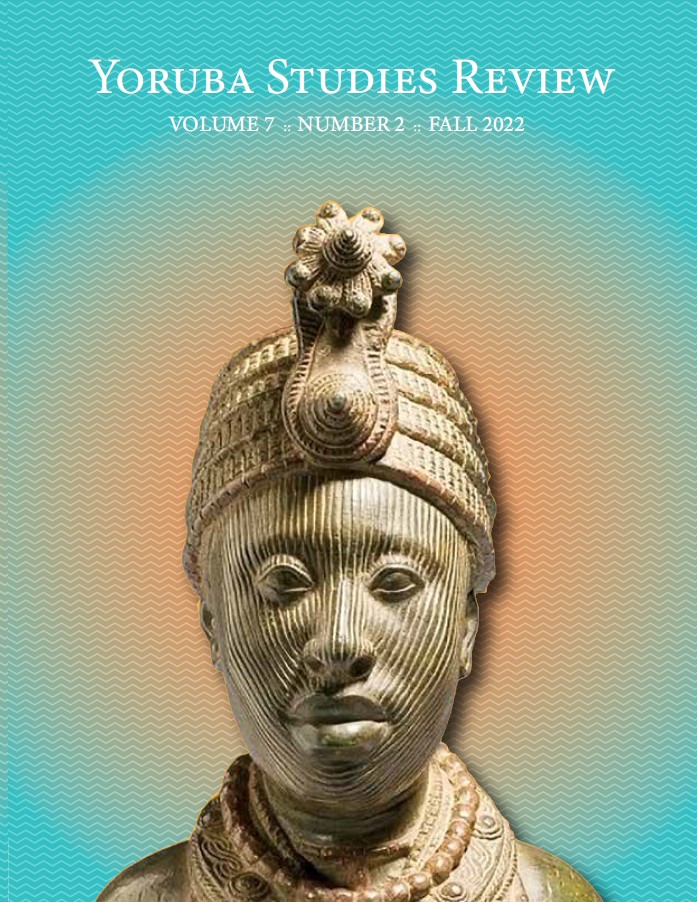Abstract
The establishment of the British colonial administration and the introduction of the Indirect Rule system attracted opposition and riots in some places in Southern Nigeria. Indeed, the British decentralized despotism, the introduction of some burdensome taxation policies, and other prevalent tax related considerations naturally engendered resistance, which manifested in protest movements, revolts and outright riots in some places in Yorubaland. The article adopts the frustration-aggression theory. Evidence gathered from primary and secondary sources, chief among them being archival sources, interviews, and the use of extant literature. The paper argues that the increase in taxes after World War II had a political underpinning to the protest that led to the Erunkoja riot of 1948. Put differently, the riot was a consequence of the overbearing impact that increased taxes from the Second World War had on the people

This work is licensed under a Creative Commons Attribution-NonCommercial 4.0 International License.
Copyright (c) 2023 Abiodun S. Afolabi
